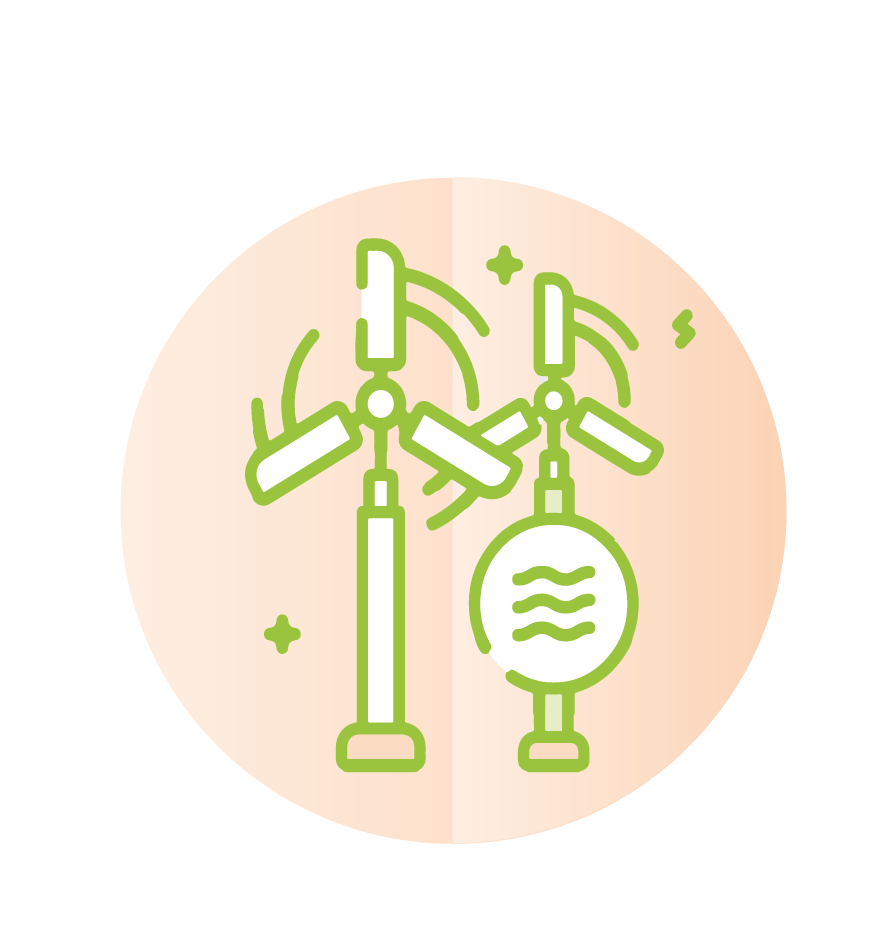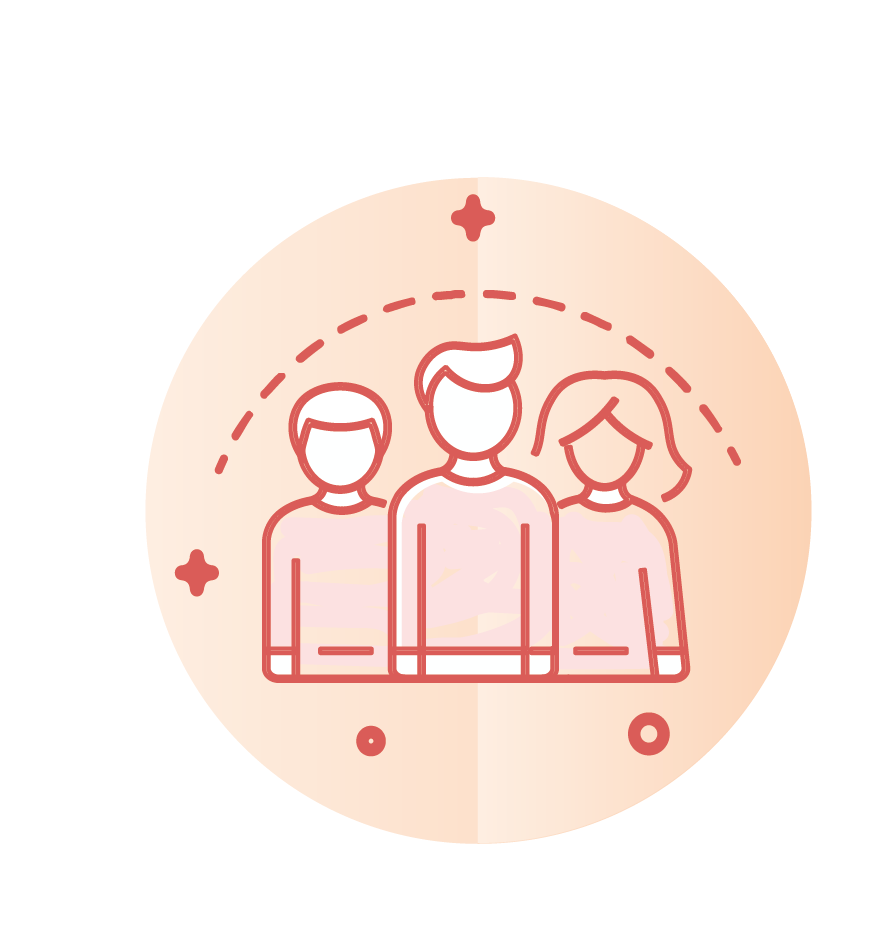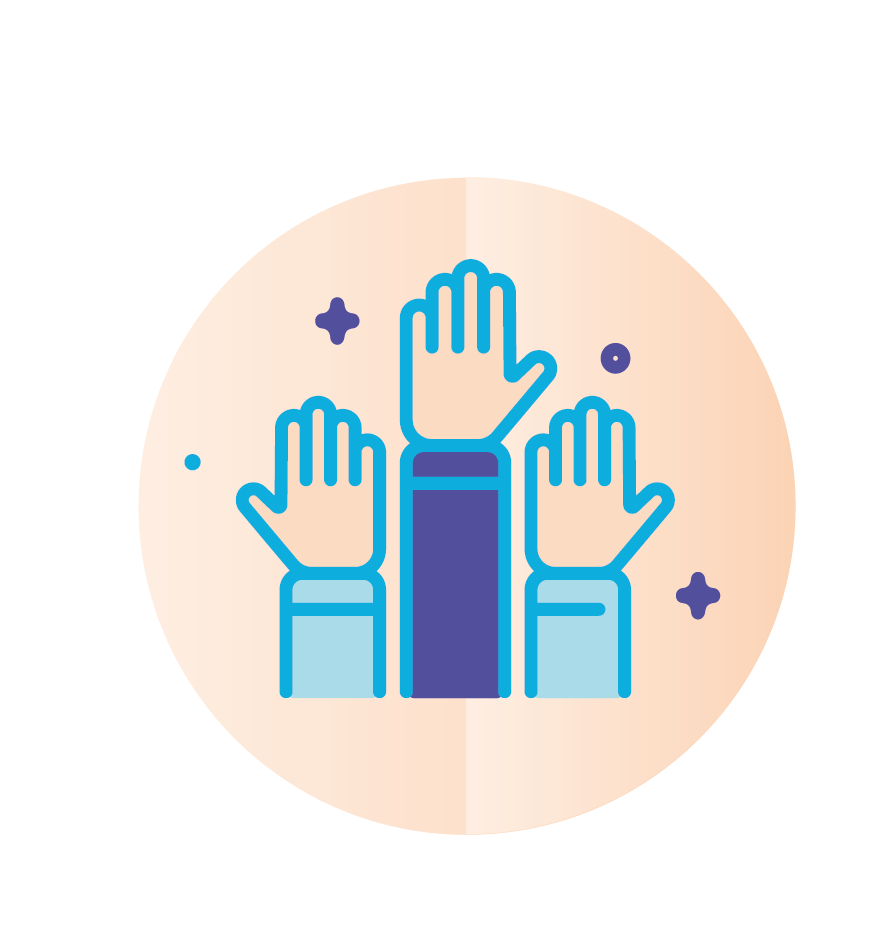Green Travel
For universities participating in the Erasmus+ program, this means that in addition to applying for and supporting environmentally friendly measures, they must also take steps themselves to reduce the negative impact of mobility on the environment. The European Commission will therefore support environmentally friendly “green” travel in the Erasmus+ program with financial grants from program funds in the future.
Students who use environmentally friendly means of transport to travel to and from their destinations will be eligible for the Top-up for Green Travel, worth a total of 50 euros. Low-emission modes of transportation include train, bus and carpooling. You are entitled to the additional amount if more than half of the trip is made by a low-emission mode of transport.
If students travel by lower-emission means of transport, they will receive an additional two travel days in total. The travel days count towards the funded duration, but not towards the minimum duration
More about the funding can be found here.











